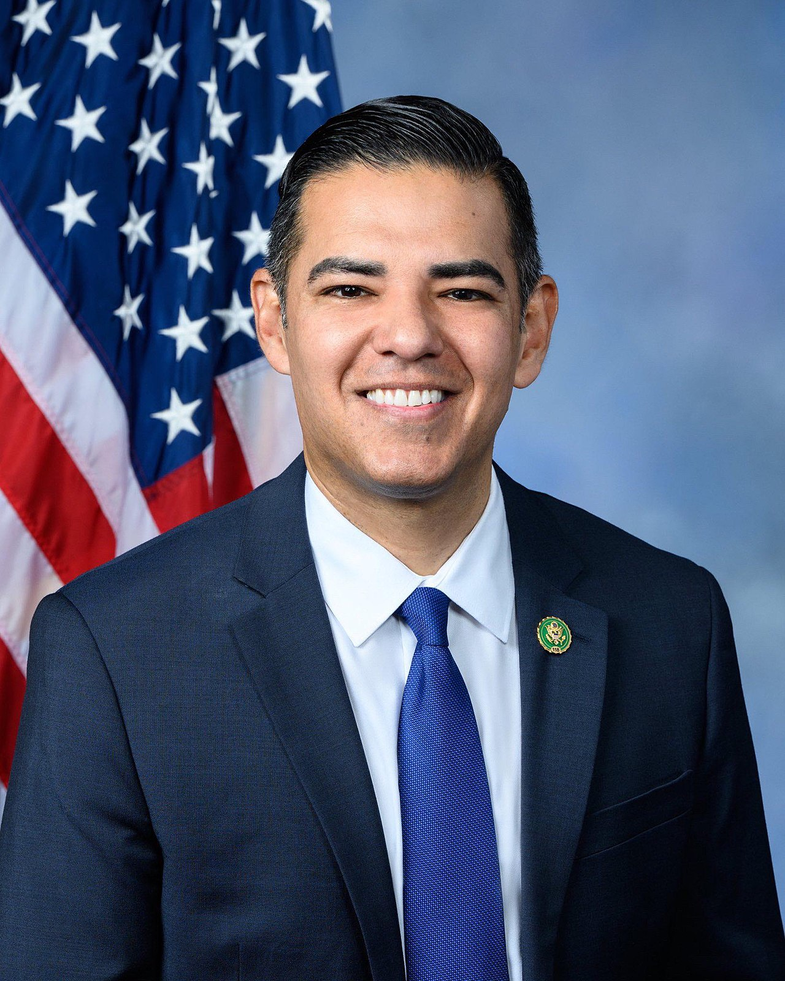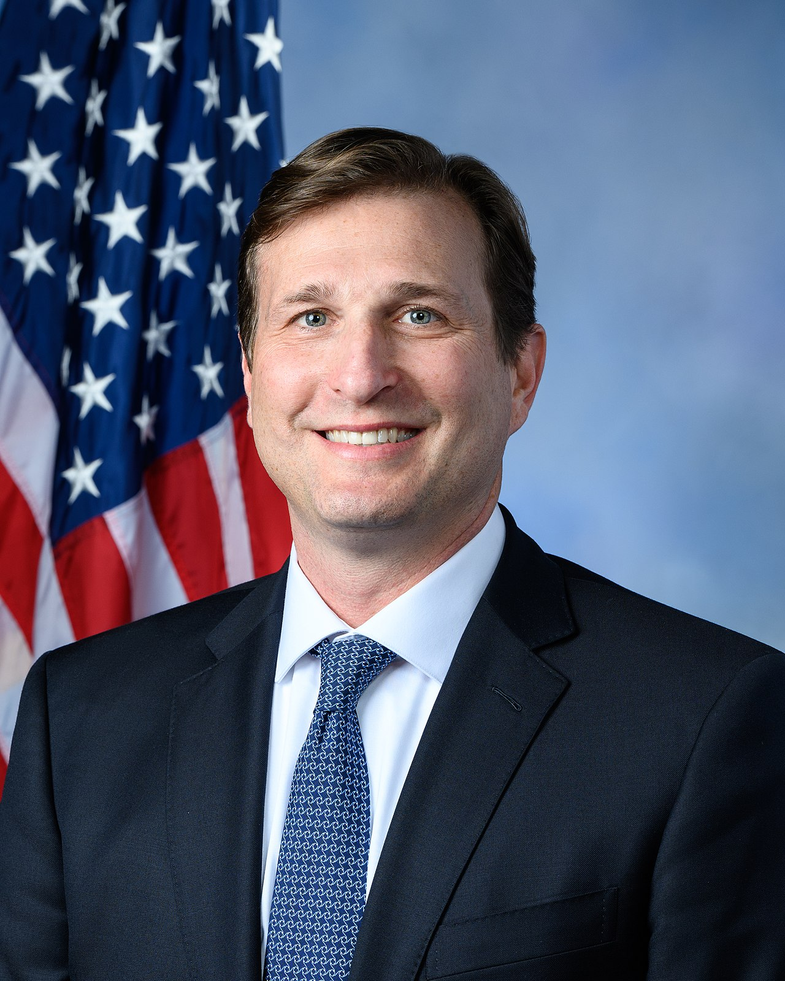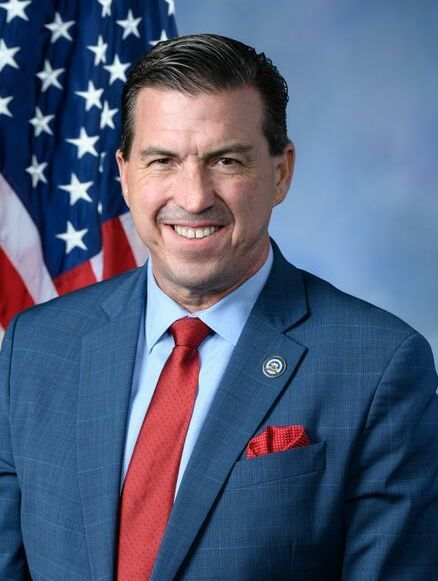H.R. 2949: Working Families Task Force Act of 2025
The Working Families Task Force Act of 2025 aims to establish a national task force focused on enhancing the opportunities and living standards of working families in the United States. Here is a breakdown of the key components of the bill:
Establishment of the Task Force
The bill mandates the creation of an Interagency National Task Force on Working Families within 90 days following its enactment. This task force will be led by the Secretary of Labor, who will collaborate with other federal department heads, including:
- Health and Human Services
- Education
- Housing and Urban Development
- Commerce
- Treasury
- Transportation
- Agriculture
- Small Business Administration
Task Force Composition and Meetings
The task force will consist of at least ten members representing the aforementioned federal agencies. The group is required to convene a minimum of once every quarter each year. A two-thirds quorum of members will be necessary for official meetings.
Purpose and Duties
The primary purpose of the Task Force is to:
- Investigate the various challenges faced by working families.
- Develop actionable recommendations to enhance their quality of life and living standards.
Additionally, the Task Force will have several duties that include:
- Identifying and assessing critical factors that impact living standards, such as:
- Affordability issues related to economic conditions like inflation.
- Barriers to economic mobility.
- Access to quality jobs with fair wages and labor standards.
- Availability of affordable childcare.
- Incentives such as tax credits to support families.
- Health and medical care support for seniors and families in need.
- Access to quality, affordable housing.
- Expansion of educational and workforce training opportunities.
- Improvement of financial literacy and access to financial services.
- Nutrition and food accessibility.
- Technology and internet access for employment, education, and health services.
- Environmental health and safety issues.
- Access to renewable energy sources.
- Efficient transportation systems.
- Impact assessments regarding staffing and funding cuts at federal agencies.
- Assessing how macroeconomic conditions affect working families' quality of life.
- Evaluating the effectiveness of current federal policies aimed at assisting working families.
- Creating policy recommendations to empower working families in light of economic challenges.
- Consulting external stakeholders and experts for input on these recommendations.
Reporting Requirements
Within 180 days of the bill's enactment, the Task Force must submit a report detailing its findings and recommendations to Congress. This report will also include documentation of consulted stakeholders and meeting minutes. Furthermore, the Task Force is required to make this report publicly available on its website.
Relevant Companies
None found.
This is an AI-generated summary of the bill text. There may be mistakes.
Sponsors
9 bill sponsors
-
TrackRobert Menendez

Sponsor
-
TrackChristopher R. Deluzio

Co-Sponsor
-
TrackRobert Garcia

Co-Sponsor
-
TrackDaniel S. Goldman

Co-Sponsor
-
TrackKevin Mullin

Co-Sponsor
-
TrackEleanor Holmes Norton

Co-Sponsor
-
TrackThomas R. Suozzi

Co-Sponsor
-
TrackNorma J. Torres

Co-Sponsor
-
TrackGeorge Whitesides

Co-Sponsor
Actions
2 actions
| Date | Action |
|---|---|
| Apr. 17, 2025 | Introduced in House |
| Apr. 17, 2025 | Referred to the Committee on Education and Workforce, and in addition to the Committees on Financial Services, Ways and Means, Energy and Commerce, Transportation and Infrastructure, Oversight and Government Reform, and Agriculture, for a period to be subsequently determined by the Speaker, in each case for consideration of such provisions as fall within the jurisdiction of the committee concerned. |
Corporate Lobbying
0 companies lobbying
None found.
* Note that there can be significant delays in lobbying disclosures, and our data may be incomplete.
Potentially Relevant Congressional Stock Trades
No relevant congressional stock trades found.